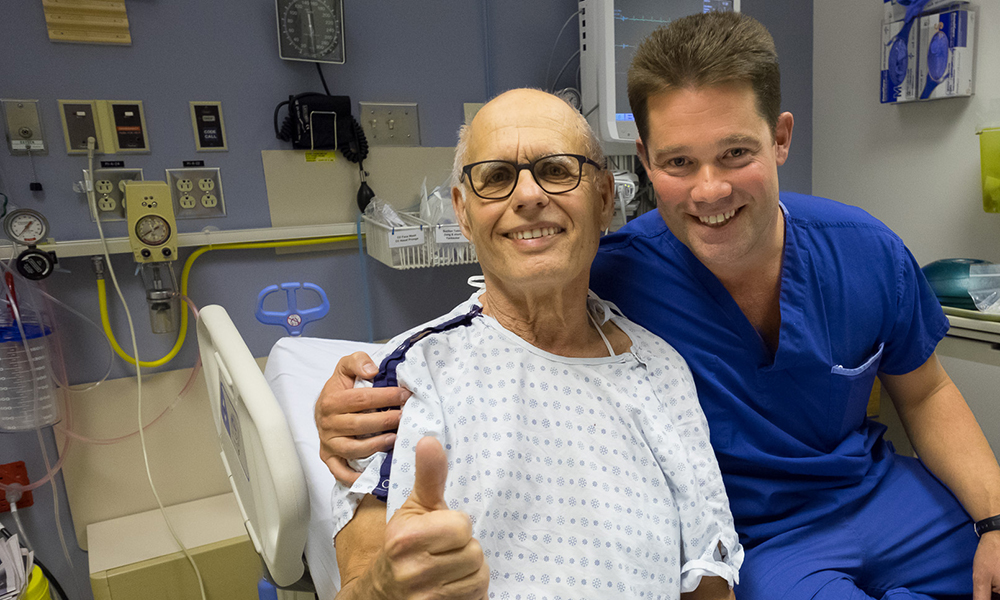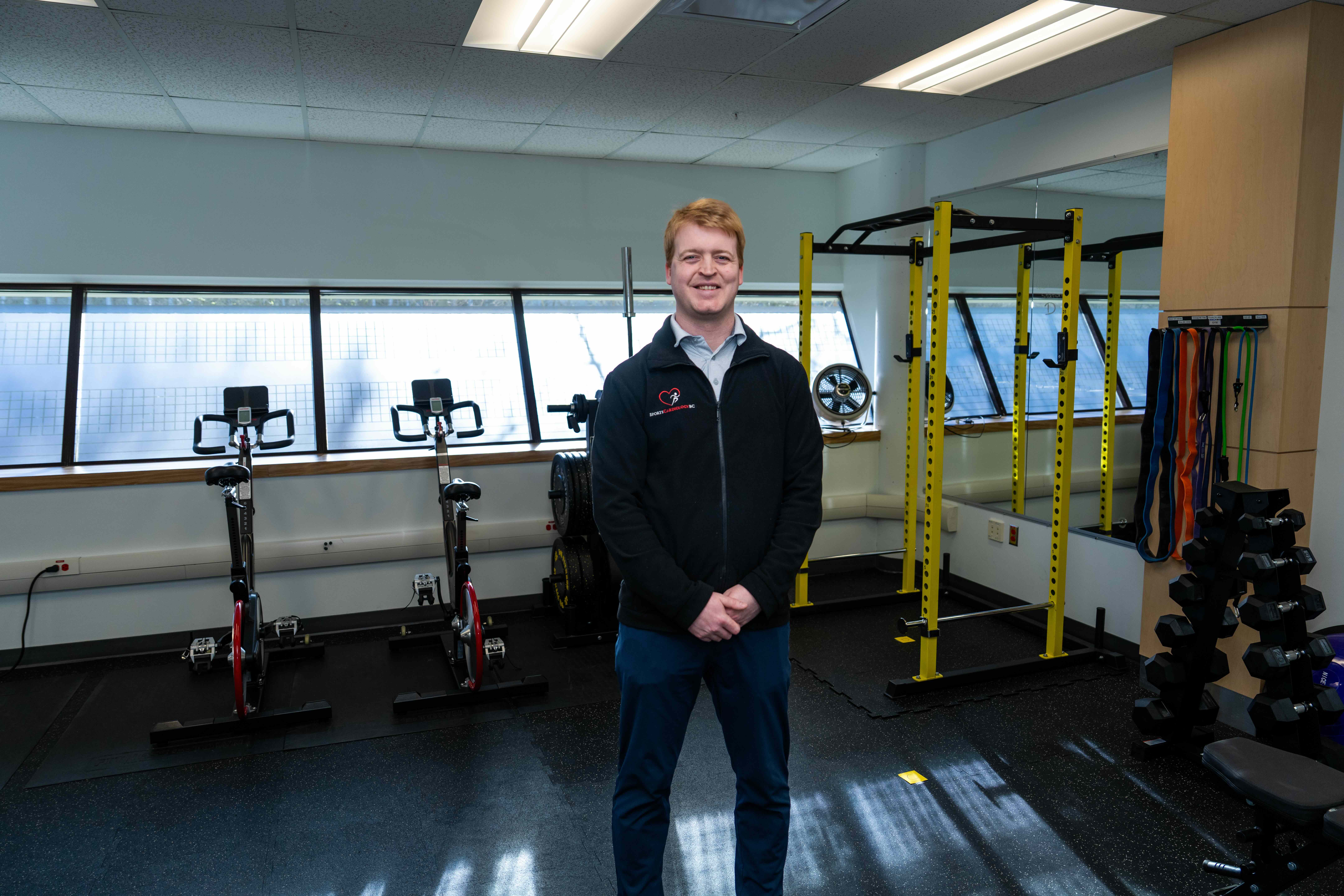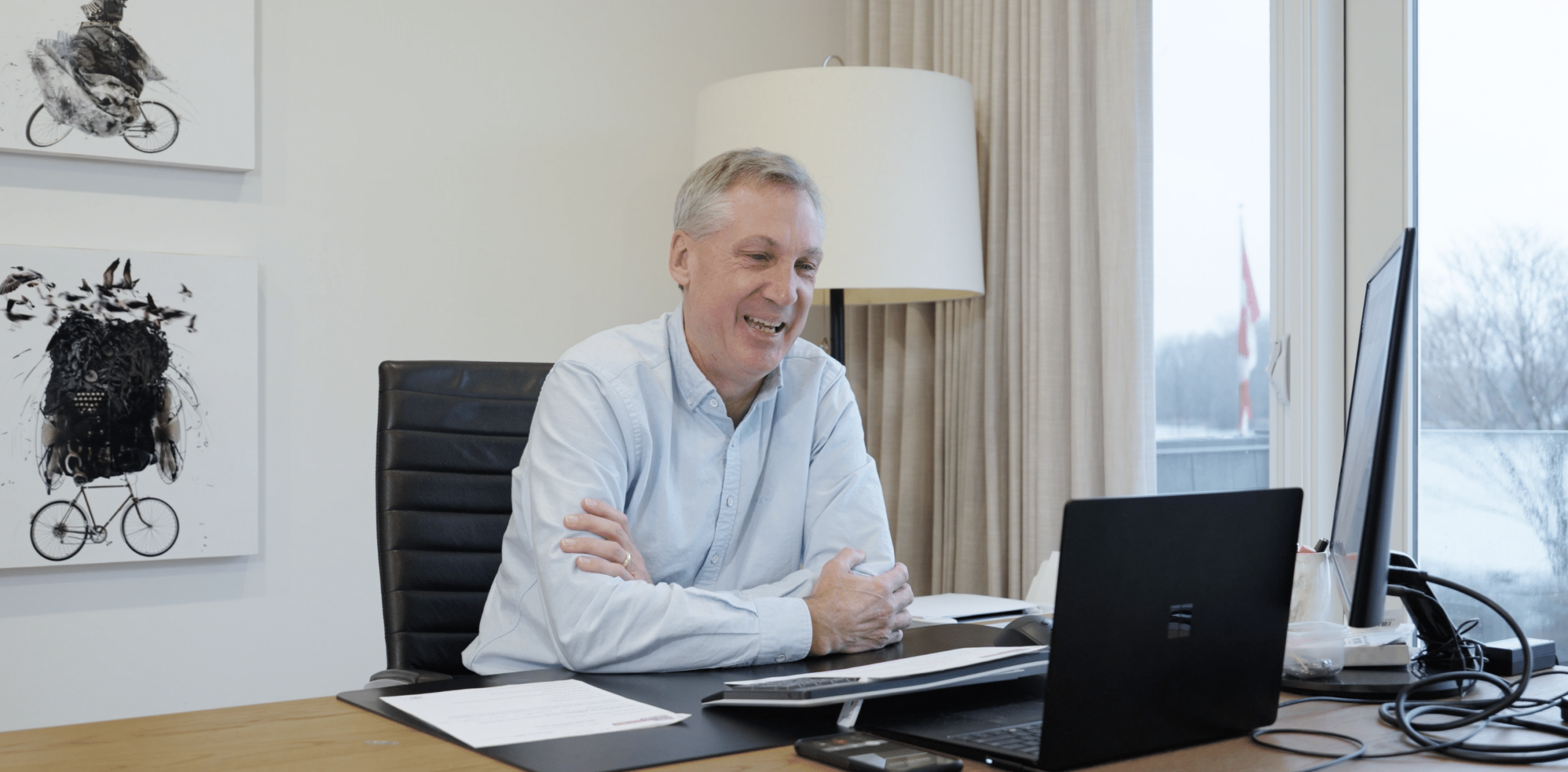
One evening in March 2016, Max Morton was experiencing chest pain. After talking to his doctor, he ended up in the emergency room at Vancouver General Hospital (VGH). Instead of a lengthy hospital stay and a painful recovery, Max was back to fishing with his son less than a week later. This is thanks to a revolutionary new procedure called the Vancouver Clinical Pathway for Transcatheter Aortic Valve Replacement (TAVR). This minimally invasive procedure allows 80% of patients to go home the next day. Developed by Dr. David Wood and Dr. John Webb, in collaboration with the team at the Centre for Heart Valve Innovation in Vancouver, their approach allows the patient to be awake during the 45-minute valve replacement and walking within a few hours.
“I was awake the whole procedure. I could feel them going up my artery,” Max told CBC. “It was amazing. Within 24 hours I thought, well, this is nice. It was such an amazing experience being awake for the whole thing.”
In the past when someone needed their aortic heart valve repaired, surgeons had to perform open-heart surgery. This requires general anesthetic, cutting of the sternum and consequently, long hospital stays and recovery time. TAVR avoids that physical trauma and dramatically reduces the recovery time for the patient.
The aortic valve is the most important of four heart valves, supplying blood to the head, lungs and muscles.
Late last year, Dr. Wood presented findings from their study involving more than 400 patients at 13 North America sites who underwent the ground-breaking procedure.
“The only reason Max is alive is because we’d been doing the study and we were able to use that technique for Max,” Dr. Wood explained. “This was such an amazing story. No one had ever done an emergency awake valve replacement prior to Max.”
Source: CBC
Share this:



